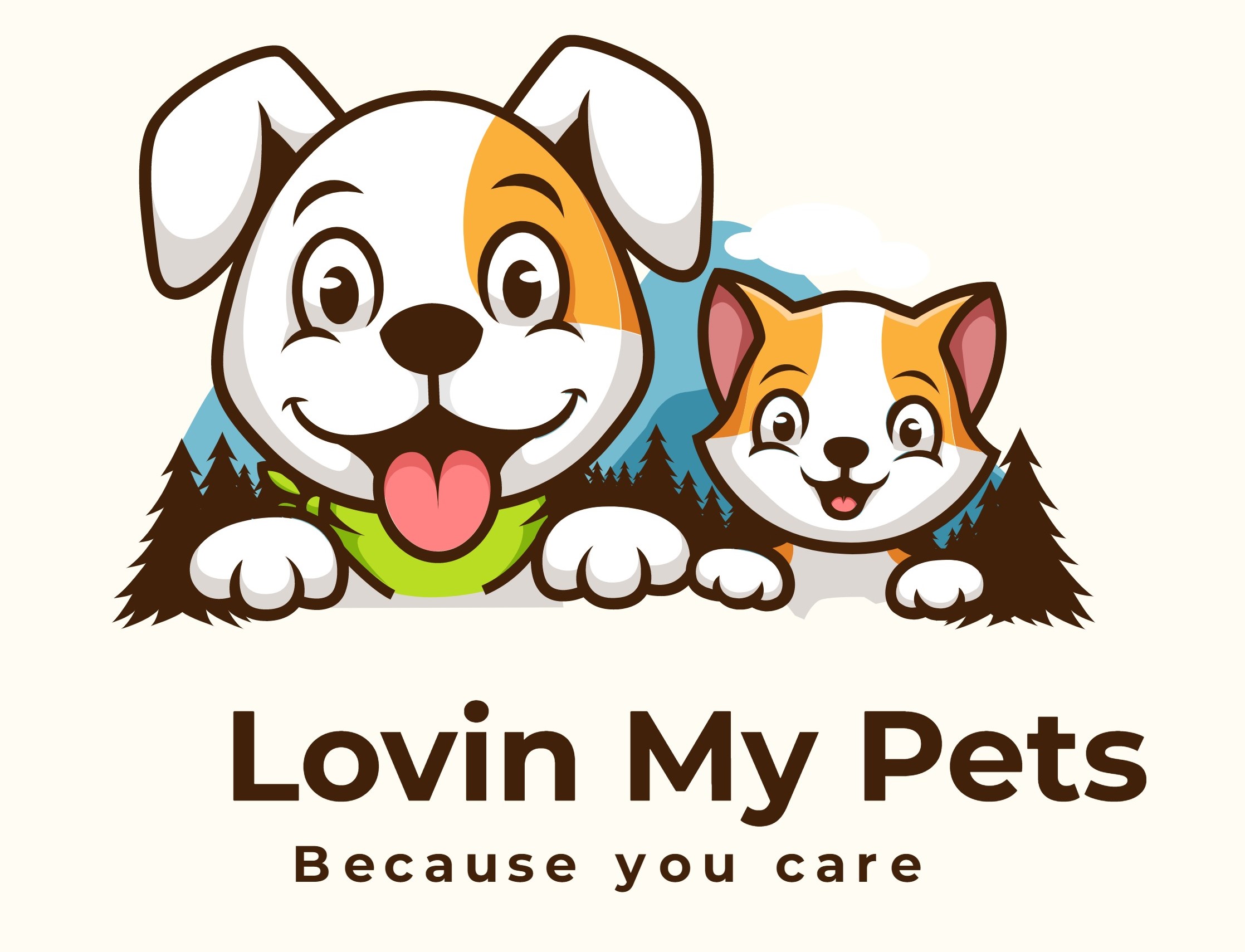1. What should I feed my pet for optimum nutrition?
A: Providing your pet with a well-balanced diet specific to their species and age is essential. Consult with a veterinarian to determine your pet's nutritional needs, and consider providing high-quality commercial pet food or homemade meals tailored to their dietary requirements.
2. How often does my pet need to be vaccinated?
A: Vaccination schedules differ between species and age groups. Pets should receive core vaccinations as puppies or kittens, with regular booster shots. Consult with a veterinarian to determine the appropriate vaccination schedule for your pet.
3. Should I spay or neuter my pet?
A: Spaying or neutering your pet is essential for their overall health and can also reduce the risk of unwanted pregnancies and specific health issues. Consult with a veterinarian to determine the best time for the procedure and discuss any potential risks or complications.
4. How frequently should I groom my pet?
A: Grooming needs depend on your pet's grooming requirements and coat length. Regular grooming can help maintain healthy skin and fur and keep shedding at bay. Consult with a veterinarian or groomer to determine the best grooming schedule for your pet.
5. How can I prevent fleas and ticks on my pet?
A: Flea and tick prevention is essential for maintaining your pet's health. Consult with a veterinarian to determine the best preventative product for your pet, and be sure to keep up with regular applications or treatments.
6. How do I house-train my pet?
A: House training techniques can vary depending on species and individual behaviors. Consistency, positive reinforcement, and patience are critical components of house training. Consult with a trainer or veterinarian for specific tips and techniques.
7. How can I train my pet to stop destructive behaviors?
A: Destructive behaviors can often be prevented through proper training and socialization. Positive reinforcement, redirecting attention, and seeking the guidance of a professional trainer can be helpful in stopping destructive behaviors.
8. Are there any safety concerns I should be aware of when owning pets?
A: Safety concerns may vary depending on species and individual behaviors. It's essential to keep pets away from toxic substances, prevent access to dangerous areas (such as pools or balconies), and supervise interactions with children and other pets. Consult with a veterinarian or trainer for species-specific safety tips.
Resources:
- American Veterinary Medical Association: https://www.avma.org/
- Centers for Disease Control and Prevention: https://www.cdc.gov/healthypets/index.html
- ASPCA: https://www.aspca.org/




